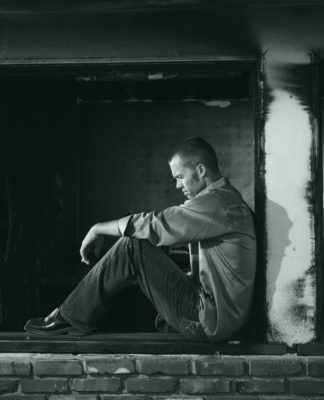This feels like the most controversial topic to write about. There is no known research about the topic, no known articles about it, no discussions with other professionals about it. It is just something observed many times over the course of a career. That is: when there is an affair or indiscretion, I usually see the problem happening twice. For example, a partner is caught in an indiscretion, caught doing something the partner should not be doing (having an affair or hiding something important) and the couple ruptures. Everything comes out as they come to couples therapy and get through the problem, the betrayal, and the issues. In some cases, it happens again, and they go through it all again. And it is worse, harder for the couple to get through the second time. (Also, it seems like sometimes it has to be that serious, happening twice, for both partners to really get the gravity of the situation.) This could be an artifact of my career, something that doesn’t really happen that often but just, coincidentally, has happened in front of me most of the time with the couples I see.
So in thinking about this, there could be multiple explanations. I’ve stated above that it could be random, that it just fell that way with the couples I have seen in doing relationship work.
It could be that the couple–getting through the problem, the indiscretion, the affair, working in couples therapy on their relationship and their issues, and fixing their relationship–leave couples therapy too early, not fixing enough of what was wrong to decrease the chances of it happening again.
And that could lay the blame at least partially on my shoulders: it could be that I don’t help couples see well enough that, after they have gotten through the pain and are on a good healing path, that there is work to be done to decrease the possibility of the problem happening again. In confronting myself about this and trying to see what I need to do as a couples therapist, I will be nudging couples who feel they have worked through a problem of this nature to look to the future and what will stop it from happening again. I have always done a bit of that, but I will emphasize that more in the future. I believe that couples need to develop the relationship more after a crash like this, deepening the relationship more to try and decrease the potential for a future rupture.
There may be other reasons that “two strikes” couples have come before me. Can you think of what is getting in the way of your relationship that might lead to a “strike,” an indiscretion, a lapse, a rupture? Doesn’t it seem like thinking about the potential for future problems and working to make sure they don’t happen might be a good idea? Could you talk with your partner about developing and deepening your relationship?




















